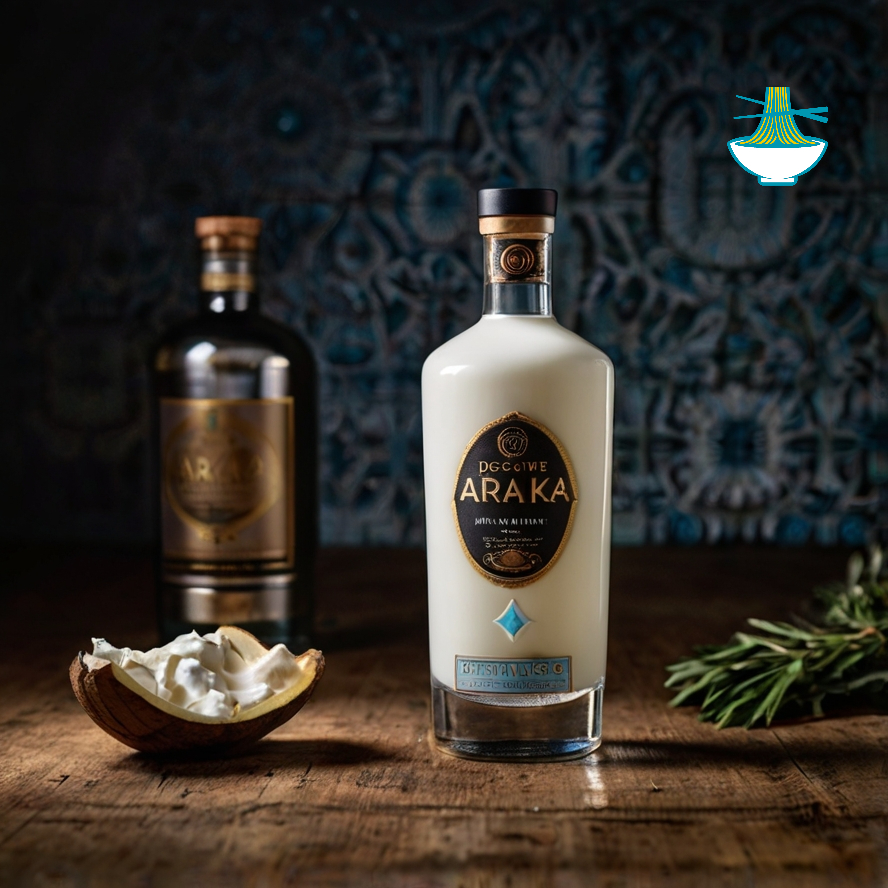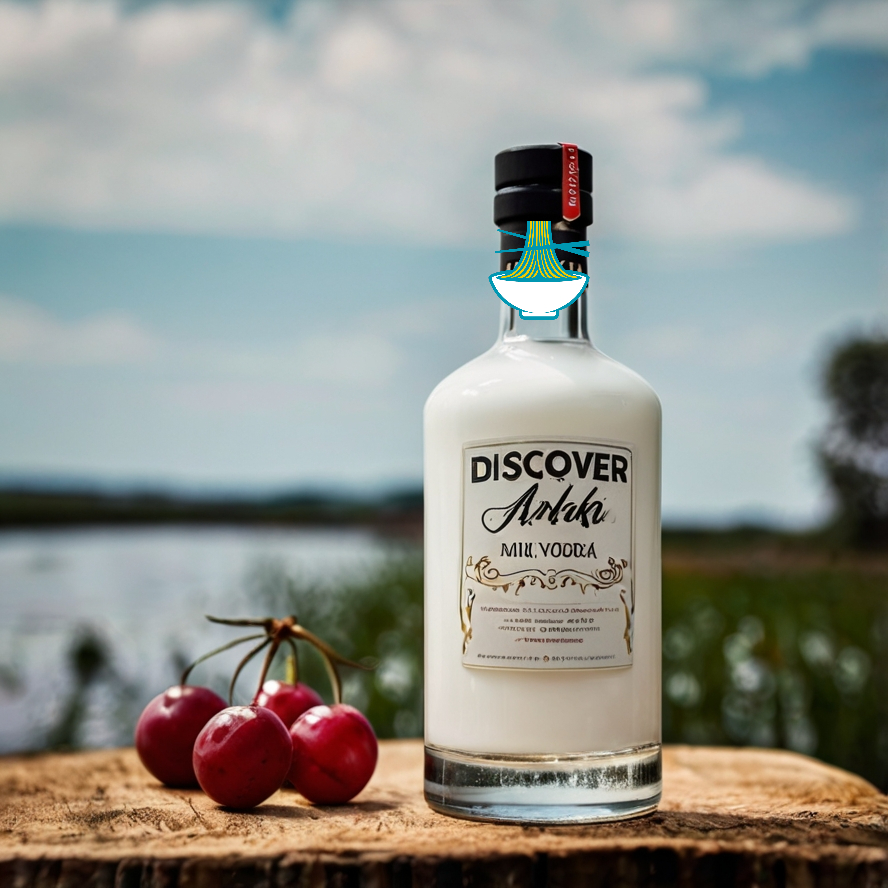Araka, a distinctive type of milk vodka, traces its origins to the rich cultural heritage of its region. Crafted through a meticulous process that blends milk with traditional distillation techniques, Araka embodies centuries of local craftsmanship and culinary innovation. Its recipe, carefully guarded and passed down through generations, highlights the region's dedication to preserving its culinary traditions while embracing innovation. With a flavor profile that reflects the essence of its locale, Araka stands as a testament to the intersection of history, culture, and craftsmanship in the world of spirits.
Ingredients:
- Fresh milk
- Starter culture or yeast
Method of Preparation :
1. Preparation: Heat fresh milk in a large pot until it reaches around 110°F (43°C).
2. Fermentation: Allow the milk to cool to room temperature, then add a starter culture or yeast to initiate fermentation. Let it ferment for 12 to 24 hours until it develops a tangy flavor.
3. Distillation: Transfer the fermented milk to a distillation apparatus and follow the manufacturer's instructions for distillation. This process separates the alcohol from the liquid, resulting in the creation of Araka.
4. Collection: Collect the distilled Araka in a clean container, removing any impurities or residue.
5. Storage: Store the Araka in a cool, dark place to allow it to mature. Enjoy responsibly, savoring the distinct taste of this regional delicacy.
Nutrition Value:
1. Fresh Milk:
- *Nutritional Information (per 1 cup serving, approximately 244g):
- Calories: 103 kcal
- Carbohydrates: 12 g
- Protein: 8 g
- Fat: 3.5 g
- Sodium: 98 mg
- Cholesterol: 12 mg
- Vitamins: Contains significant amounts of Vitamin D, Vitamin B12, and Riboflavin (B2).
- Minerals: Rich in calcium, phosphorus, and potassium.
Nutritional Benefits:
- Protein: Supports muscle growth and repair, aids in enzyme and hormone production.
- Calcium: Essential for bone health and muscle function.
- Vitamin D: Promotes calcium absorption and supports immune function.
- Vitamin B12: Vital for nerve function and red blood cell formation.
- Riboflavin (B2): Helps convert food into energy and supports normal growth and development.
2. Starter Culture or Yeast:
- Nutritional Information (per serving size varies, minimal caloric contribution):
- Calories: Negligible
- Carbohydrates: Negligible
- Protein: Negligible
- Fat: Negligible
- Sodium: Negligible
- Cholesterol: Negligible
- Vitamins: May contain trace amounts of B vitamins depending on the specific strain.
- Minerals: May contain trace amounts of minerals depending on the specific strain.
Nutritional Benefits:
- Probiotics (in starter culture): May promote gut health and digestion.
- Yeast: Contains some B vitamins which may aid in energy metabolism and nervous system function.
- Fermentation: May enhance the bioavailability of certain nutrients and contribute to the development of unique flavors and aromas in the final product.


Comments